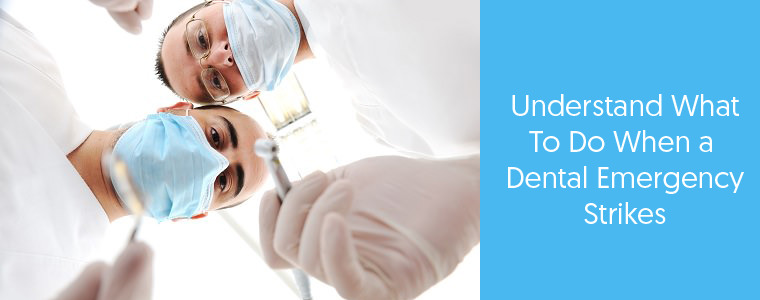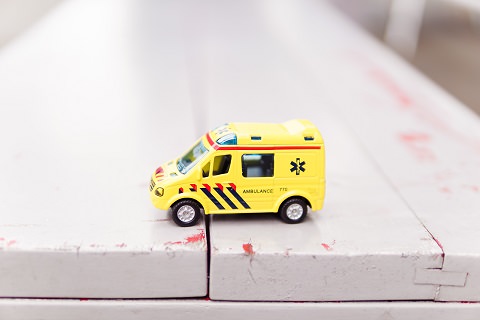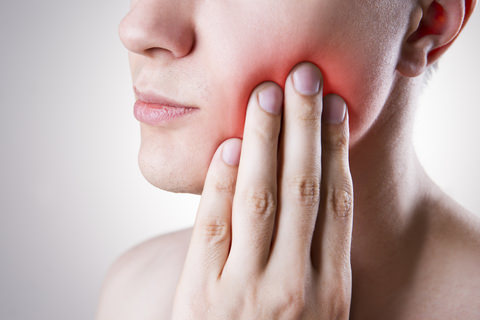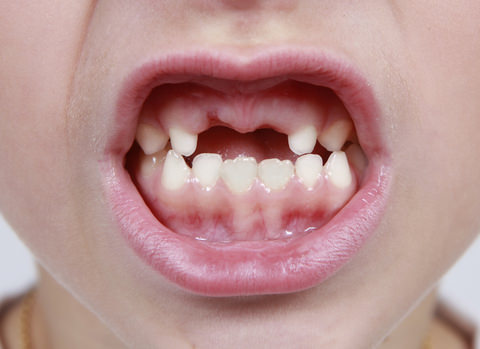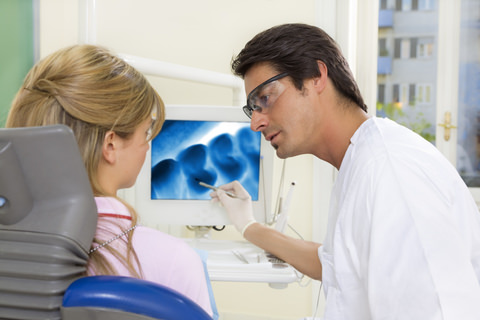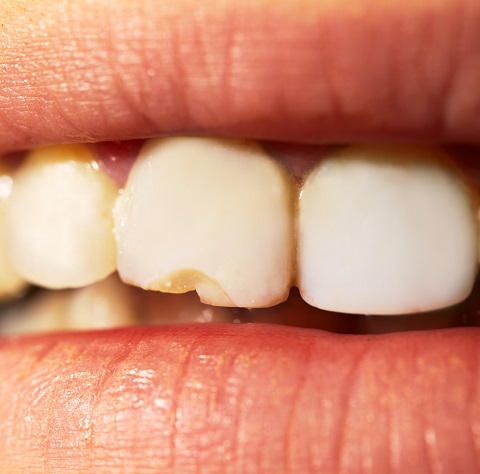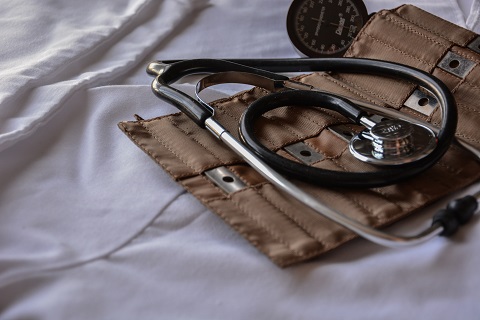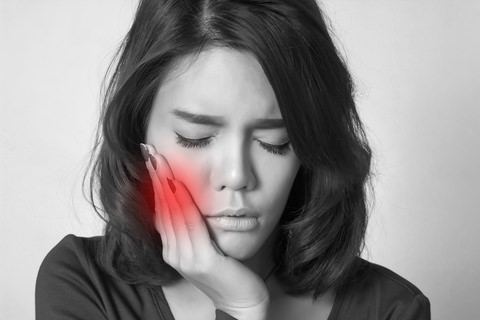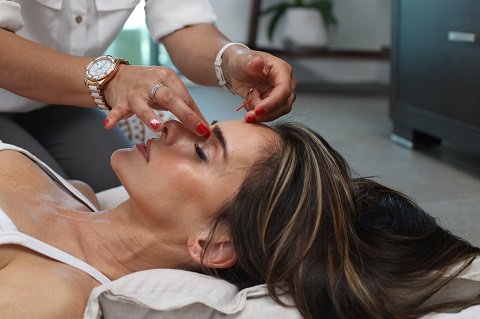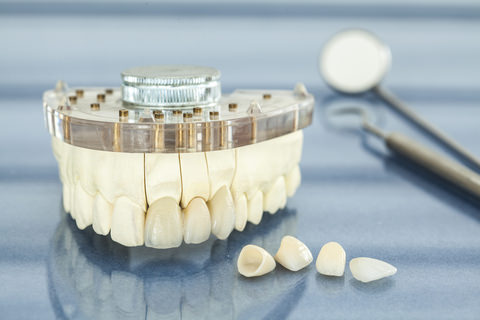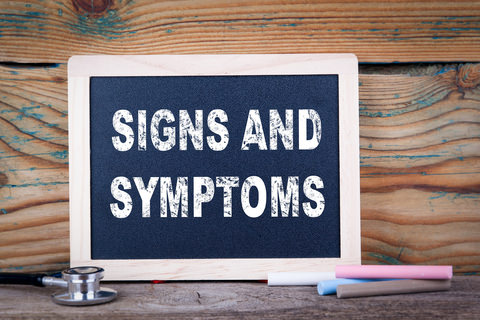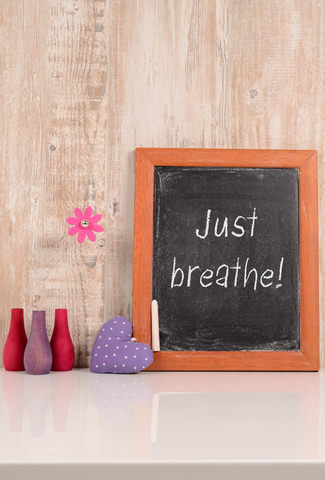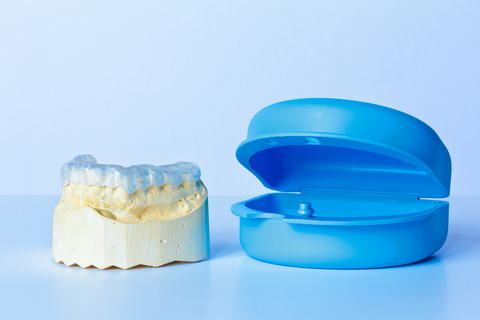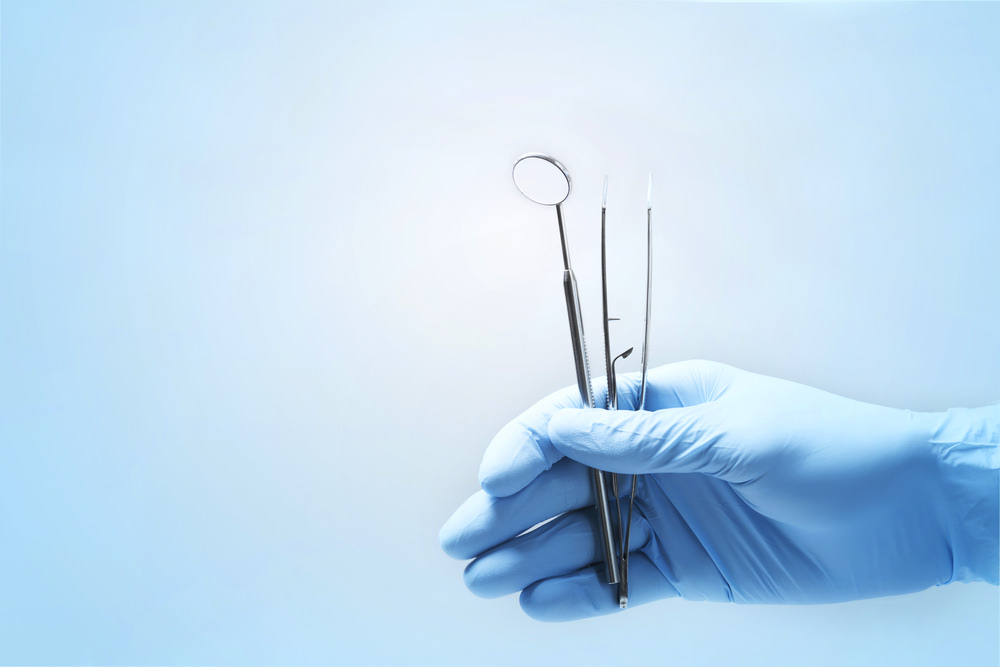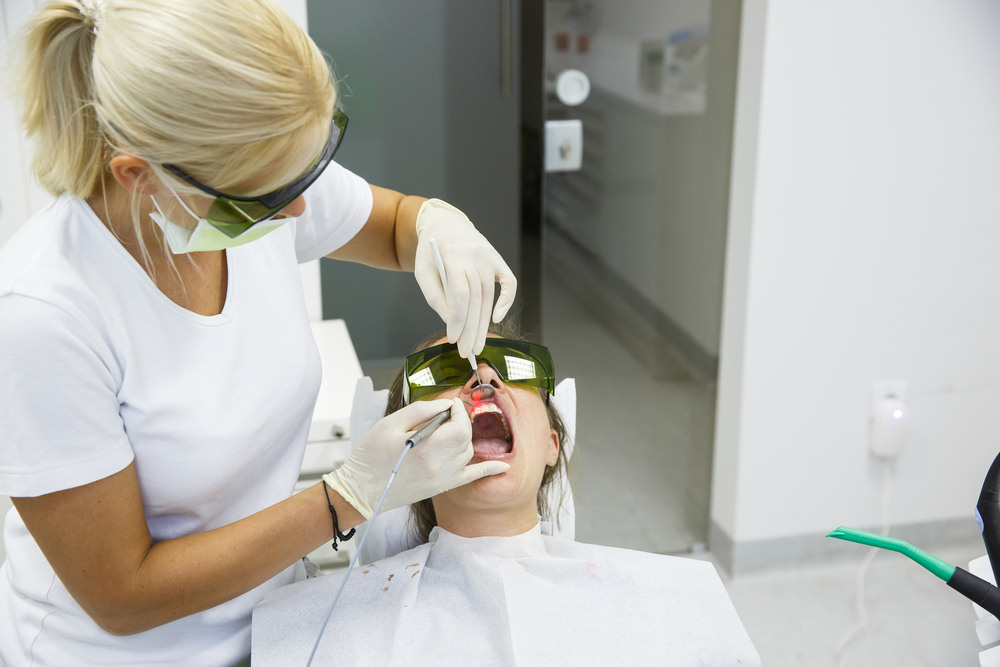How to Deal With a Dental Emergency
A dental emergency is not only an after-hours treatment or hospital visit; it can happen at any time, anywhere.
There are many situations and circumstances that can be regarded as a dental emergency.
But what is an emergency when your mouth is involved?
In this post, we’ll look at what kind of accidents are classed as dental emergencies and what you need to be aware of when it comes to emergency treatment.
Like many things when an emergency takes place, time is of the essence so let’s get started.
Jump to Contents
- What is a Dental Emergency?
- What Types of Accidents Cause Trauma?
- A Knocked-Out Tooth: What to do?
- Chipped, Cracked or Fractured Teeth
- A toothache
- A Tooth Abscess
- Missing Dental Crowns, Veneers or Fillings
- Health Risks and Symptoms
- What to do When You Have a Dental Emergency?
- Contact Sport: Think About A Custom-Fitted Mouthguard
What is a Dental Emergency?
A Dental emergency can be best described as urgently fixing or treating a serious problem or issue that’s in your mouth.
Unlike medical emergencies where there’s usually a direct reason and a life-threatening condition.
The term ‘dental emergency’ can cover many different things, some serious, some not so serious.
What’s also interesting is that not all dental emergencies show signs of pain straight away.
Though if you’ve had an accident that results in trauma to your teeth and gums, you’ll probably find that pain will indicate something is wrong.
There’s a couple of different reasons for dental emergencies.
Some are caused by bacterial infections that develop over time while others are trauma related.
Most people will picture a dental emergency as a form of an accident; like that of a sporting game or bike riding.
As common as these are, trauma can occur from even the simplest thing. Your baby hitting you in the mouth accidentally as you carry them in front of you is a widespread injury.
What Types of Accidents Cause Trauma?
Being active is great! Getting out and about is a wonderful thing. However, there is a simple truth.
The more active you are, the more chance you have of being involved in an accident that can potentially cause trauma to your mouth.
Some of the most common accidents that often get seen by dentists are:
- Sporting game injuries.
- Playground accidents.
- Bar or street fights resulting from an assault.
- Any collision with the ground or an object.
Accidents happen every day and its part of life.
If you’ve unfortunately been involved in an accident, below are a few dental emergencies you could end up having:
- Knocked-out teeth.
- Chipped, cracked or fractured teeth.
- Bitten tongue, cheek or lip.
- Extreme toothaches.
- Tooth abscess.
- Missing Crown, dental implant or filling.
- Try picking it up from its crown, which is the top part of the tooth.
- Keep it intact.
- Rinse it off with either saline or milk to protect cells on the tooth roots.
Keeping the tooth moist at all times will give it a better chance of reconnecting into the socket of your mouth.
You can use a tissue that’s dipped in water and simply hold the tooth in that until you see your dentist.
Another way to keep the tooth moist is to place it gently in the person’s mouth just between your cheek and gum.
This can be tricky because you don’t want to swallow the tooth but it will provide that extra level of protection that saliva provides.
If possible and you’re game, try reinserting your tooth into its socket as soon as it has been cleaned off.
This might be hard to do, but you’ll find it will significantly help your dentist do their magic and save that tooth of yours.
Try to get to a dentist within 30 minutes of your tooth being knocked out.
The quicker you get to your dentist the better your chances are that your tooth will reconnect with the bone.
Chipped, Cracked or Fractured teeth
When faced with either a chipped, cracked or fractured tooth it is important not to assume the damage yourself.
Let a dentist confirm how serious the problem is, and they’ll advise you of the best course of action to take.
If you have a fractured or cracked tooth, rinse out your mouth with lukewarm water.
When swelling and pain are evident, try using an ice pack to numb the area while you make your way to your dentist.
Having an accident that causes a fractured tooth will usually inflict an injury to your lip, tongue or cheek in the process.
If this happens, try washing out your mouth with warm water and make sure there’s no tooth matter left inside your mouth.
Bleeding could be present after cleaning, so if this happens to you apply pressure to the area and get to your dentist as soon as possible.
When damage to your face is severe, it might be beneficial to go to your doctor first so they can assess your injuries.
Over the counter pain medication is an excellent way to treat pain and swelling.
But just make sure you read the instructions and speak to your doctor before opting for pain medication
A Toothache
Toothaches can pop up for many different reasons. Some are from bacterial infections others from trauma-related accidents.
Getting to your dentist is the number one thing you should do if a toothache is present.
But there are also some things you can try that will alleviate the pain in the short term.
- Try using an ice pack to numb the area.
- Rinse your mouth with warm saltwater and let it rest.
- Painkillers such as Panadol and Ibuprofen may be required but check with your doctor or pharmacist first.
A bacterial infection, either within your tooth or gums will seldom go away by themselves.
Your dentist will need to find out what is causing the pain and investigate further.
Another reported remedy for a toothache is clove oil.
Applying a small dose or amount on a cotton bud directly to the tissue area can potentially reduce pain.
Other things that may cause toothaches are food getting stuck between your teeth.
You’ll find that if you have gaps, food is likely to get stuck between them, becoming a recurring problem.
If you get sinus issues a lot, sometimes the infection within your sinus makes you believe you have a toothache.
Please make an appointment with your doctor if you’re in this boat and pain is not going away.
A Tooth Abscess
With a tooth abscess, you’ll most likely have a build-up of pressure before the pain exists.
But once it starts it will generally stay around until you go and see your dentist and let them find out the ‘root’ cause.
An abscess forms on the tip of your root, so it’s vital to get it attended to ASAP.
Leaving it will not only cause you a serious bout of pain and discomfort it can also lead to other health complications.
Missing Dental Crowns, Veneers or Fillings
Not all dental emergencies occur from trauma or an accident.
If you have either a crown, veneer, dental implant or filling that comes off or loosens it can present as a dental emergency.
Exposing any part of a tooth which has been protected by a crown or filling can cause pain and sometimes extreme sensitivity to hot and cold liquids or foods.
Time is of the essences if this occurs and your dentist will need to fix it as soon as possible.
- Fever
- Signs that swelling is not reducing
- Problems shutting your eyes, breathing or swallowing
Don’t be afraid to make the call and go to your closest emergency department. It’s better to be safe than sorry!
What to do When You Have a Dental Emergency?
First thing is to be as calm as you can.
Try controlling your breathing, this will help you think better if you are feeling stressed or worried.
If you are bleeding a lot apply pressure on the wound and call an ambulance.
Usually, if there’s people around someone will take charge and coordinate the situation.
Should it be a minor accident and you are able to control the bleeding etc. yourself, it is always recommended to have a dentist check your teeth and gums after an accident that has potentially caused trauma.
A dentist will be able to pick up things you didn’t even know existed.
Contact Sport: Think About a Custom-Fitted Mouthguard
Australia is the land of sporting enthusiasts. Many dental emergencies happen when either kids or adults play a sport.
The very nature of some sporting games is to either tackle or hit your opposition, so it is incredibly likely that your mouth may be in the firing line should a traumatic accident occur.
A great way to protect your teeth when playing a contact sport is to wear a mouthguard.
But not all mouthguards are created equal.
Yes, there are plenty of mouthguard options out there, and the price is usually the deciding factor when people start looking to purchase this piece of equipment.
But remember you get what you pay for.
After speaking with Dr V, her recommendation for anyone who is planning on playing a contact sport is to have a custom mouthguard fitted by your dentist.
These types of mouthguards offer so much more protection and comfort than store-bought mouthguard types; you’ll be blown away by the difference.
The cost of a custom-fitted mouthguard is more than a store bought one, but if you have health insurance, you might be pleasantly surprised.
Check with your health insurance directly to find out if you can claim a mouthguard made by your dentist.
Conclusion
The Australian Dental Association confirms that nearly 30% of all trauma, induced accidents are sports related.
With the amount of sport being played in Australia, it is safe to say that accidents will continue to occur.
A point worth mentioning again is to choose a custom-fitted mouthguard to protect your precious teeth.
They provide added support and strength when your mouth is faced with a traumatic event.
For all other types of accidents and dental emergencies, it is so important to get to your dentist as soon as possible so they can assess the injury and provide a solution for you.
Have you had any dental emergencies recently?
By Dr. V
Created at May 30, 2018, Updated at January 25, 2025


